Metabolic Testing in Melbourne (90 Minutes)
Overview of Metabolic Testing in Melbourne
A metabolic test will determine how your body uses fuel for exercise. The test starts at a very low intensity, and gradually increases every 5 minutes until you reach your lactate threshold (normally at approximately 85% max heart rate). We will measure your fat/carb usage throughout the test protocol, as well as lactate every 5 minutes.
The primary information you’ll receive from this test include:
Carbohydrates used at different intensities (so you can more accurately create a race-day nutrition plan);
Fat max (the intensity/HR where you burn the most amount of energy from fat);
Cross-over point (the intensity where you create 50/50 energy from fat/carbs).
The price of this test is $299 which includes consulting time after the test so you fully understand how to interpret and use the data. We recommend adding a body scan (+$50) for those interested in creating a race-day nutrition plan, as this test measures your skeletal muscle mass which is the number used to estimate initial muscle glycogen storage prior to starting a race.
We will provide you with an excel template (and show you how to use it) you can use to create a race-day nutrition plan based on the data. It won’t tell you what to eat, but it will have your initial glycogen storage, grams/hour of carbs used per hour based on your data, and an area to play around with intake strategies to avoid running out of glycogen before the end of the race. This is as close as you can get to measuring race day nutrition requirements without taking invasive muscle biopsies.
what do i complete the test on?
We can complete the test on any ergometer which shows an intensity metric such as speed or power. In our lab, we offer treadmill, bike (our bike or BYO and connect to our smart trainer), and rowing ergometer tests. If you participate in a different sport (eg kayaking/skiing), and can bring the ergometer in, then we can test using that.
WHAT SHOULD I BRING? WHAT DO I NEED TO KNOW?
Please wear comfortable exercise clothing and bring a pair of runners, a towel, and drink bottle. Prior to the test, you should be well rested by avoiding strenuous physical activity in the preceding 24 hours, be well hydrated, and motivated to exercise maximally. Try to avoid large meals in the 2-3 hours leading up to the test, and try to simulate your race day nutrition preparation.
If scheduling a follow-up test, try to book in at a similar time and attempt to follow an identical preparation in the lead up to the test. This will improve the reliability of the test and more accurately determine your fitness improvements.
Pricing
A metabolic test at METS Performance Consulting costs $299 inclusive of GST. Please note that medicare and private health rebates are not available for this appointment.
Next Steps After Your Metabolic Test in Melbourne
We’ll provide you with some actionable advice on how to implement your results into your training. We recommend retesting every 3-6 months to gauge your improvement and reassess your training zones.
Not in melbourne or have additional Questions?
If you’re unsure if his test is best for you, simply fill in the form below and tell us a bit about your background or what you’re hoping to achieve from a testing session. We’ll get back to you same or next business day.
Likewise, if you live in Victoria, but cannot get to Mulgrave for testing, we can travel to you to conduct group testing. Fill in an enquiry form below to get the ball rolling.
